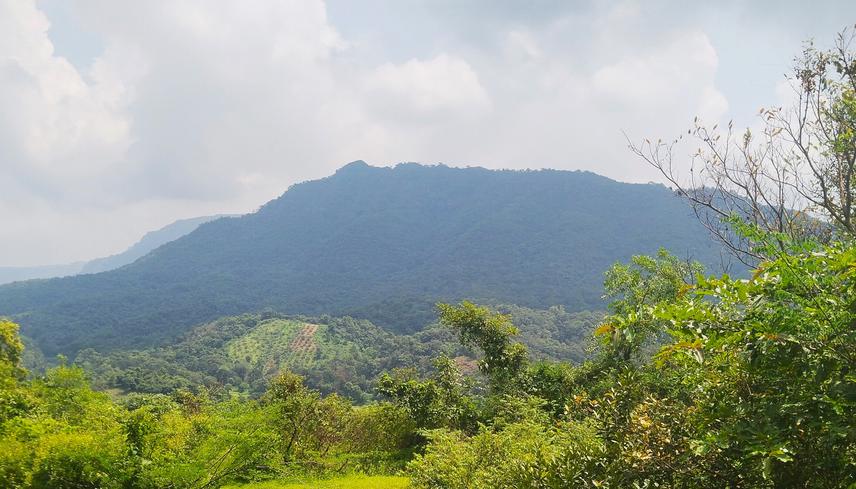Shalmali Sawant
The Southern Konkan region forms a narrow strip of land between the Arabian sea and the Sahyadri range of Western Ghats, along western coast of India. A large number of woodlands of the region are under private and community ownership. They constitute an area of 3149 sq km (Kulkarni & Mehta, 2013), which form a considerable portion of forest cover. They play a crucial role in ecological conservation as a part of Northern Western Ghats for biodiversity conservation and habitat connectivity. As a source of firewood, grazing ground, wood charcoal and non-timber forest products, they also supplement the livelihood of the local people. In recent years, there has been a rise in commercial monoculture plantations of mango (Mangifera indica), cashew (Anacardium occidentale) and rubber (Hevea brasiliensis). Furthermore, the present bio-resource extraction practices in the woodlands are leading to the conversion of the moist tropical evergreen forests into deciduous tree communities (Biswas et al., 2024), thereby aggravating biodiversity loss, weakening of large wild mammal corridors, and conversion to exotic monoculture plantations. These neglected, data-deficient but extensive landscapes are crucial for livelihoods but are equally important biodiversity areas requiring urgent attention.

Cashew plantations in isolated patches of private woodlands. ©Shalmali Sawant.
We propose an interdisciplinary approach to integrate the ecological, legal, and social dimensions of management practices in private and community woodlands in the Konkan region. We will explore the nature of the relationships between the woodlands and the landowners to examine how ecological, social, economic, and legal factors shape current management practices and provide insights into the motivation and expectations of landowners. The study will focus on biomass extraction in private and common woodlands and its variation across vegetation types and endeavours to reconcile local livelihood benefits with global benefits.
This project aims to fulfil the following objectives. 1) Evaluate the social, economic, ecological and legal correlates of bio-resource extraction of the private and community woodlands of Konkan, India. 2) Assess the impact of bio-resource extraction on the plant community structure of private and community woodlands. 3) Devise and promote evidence-based, sustainable and ecosystem-friendly private and community woodland management practices.